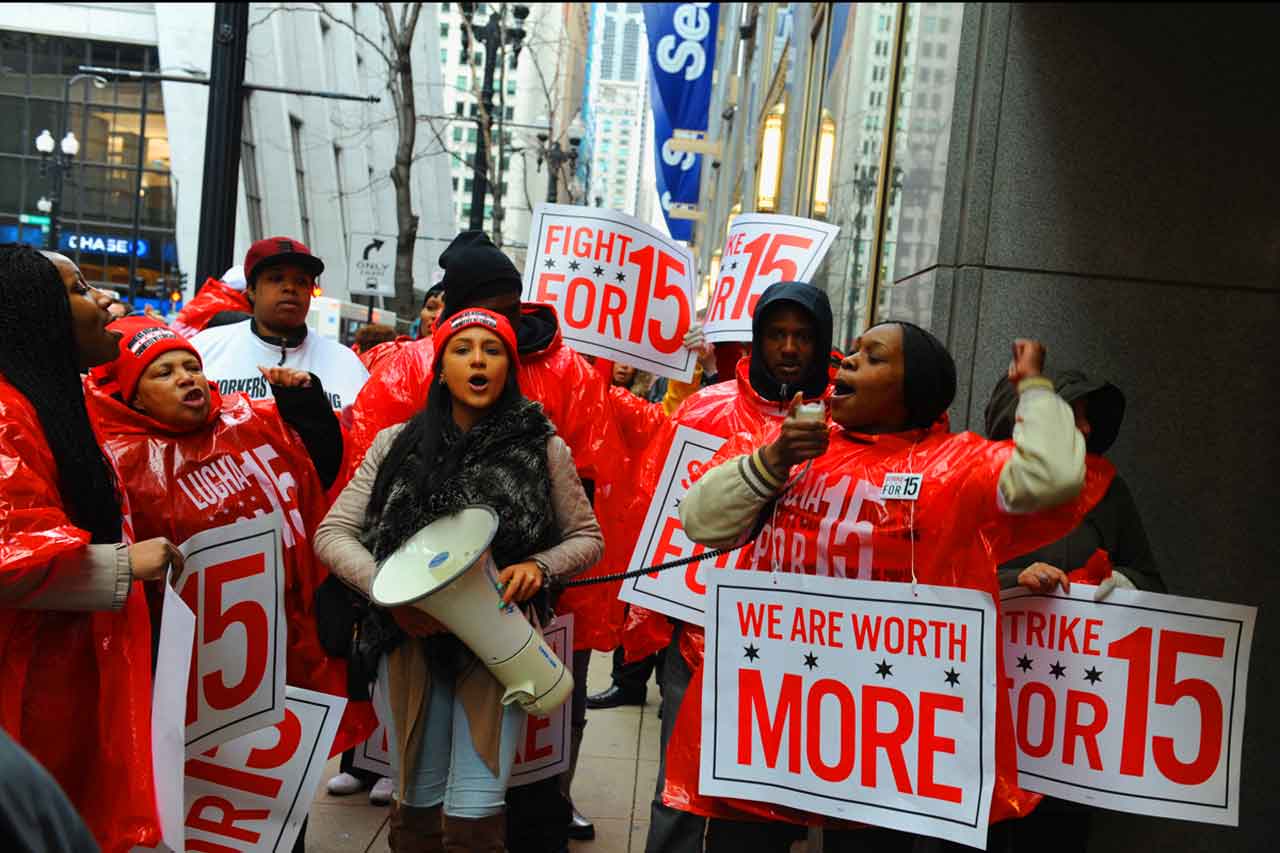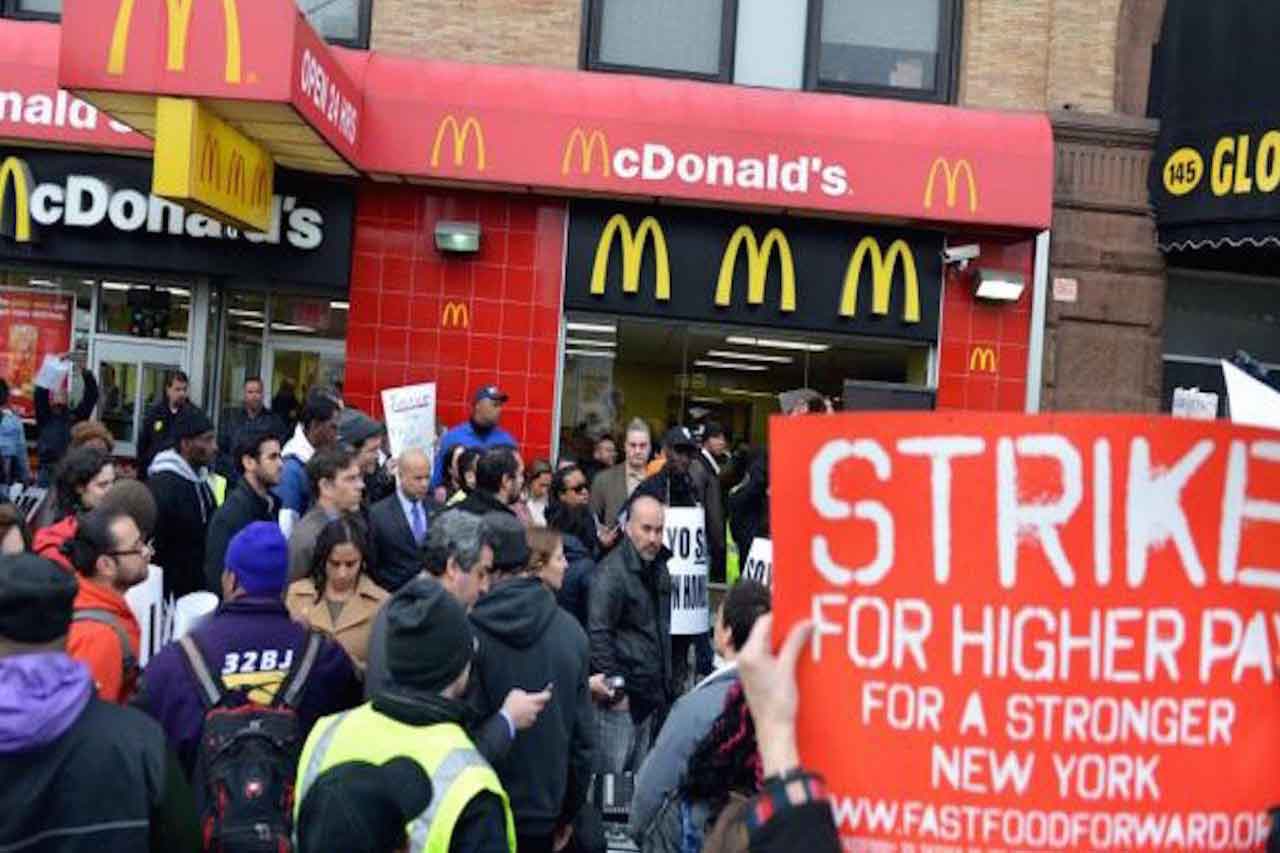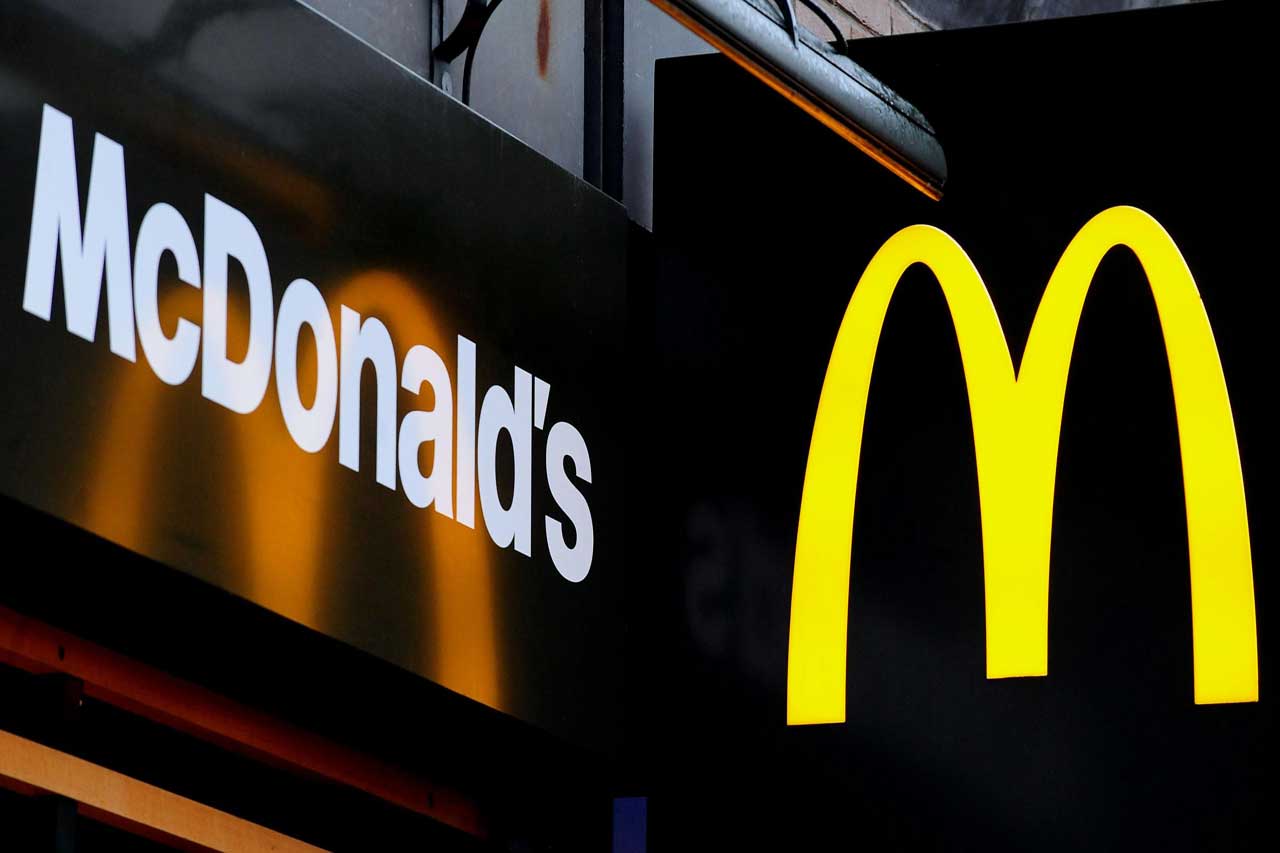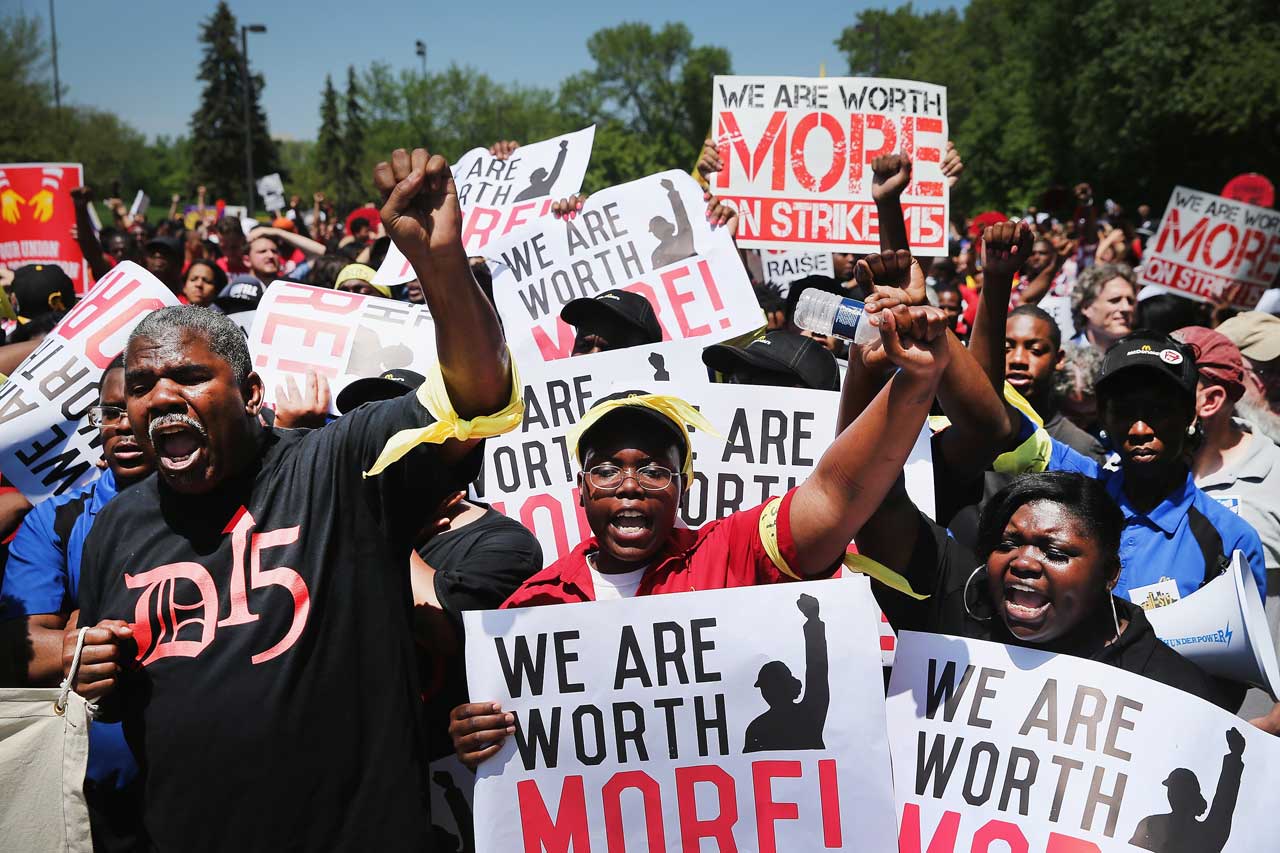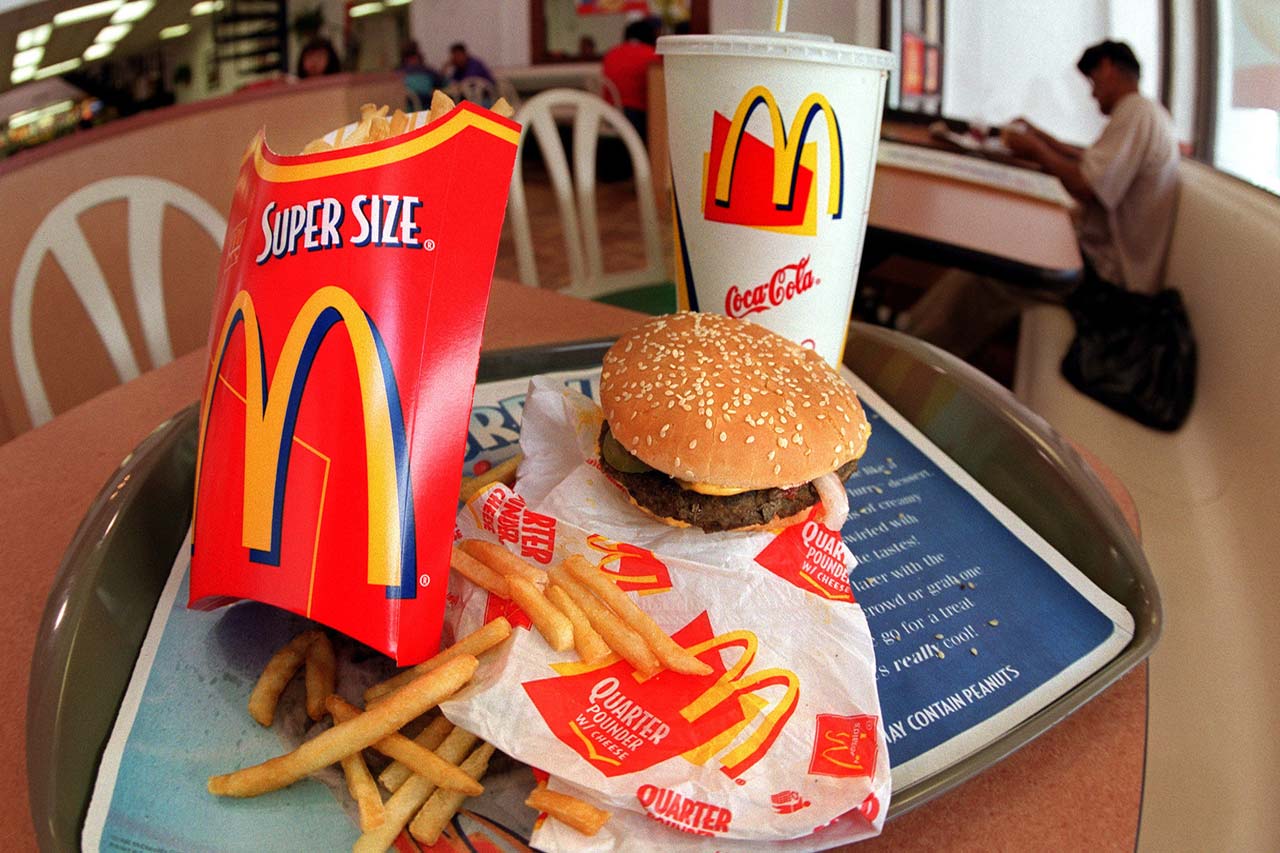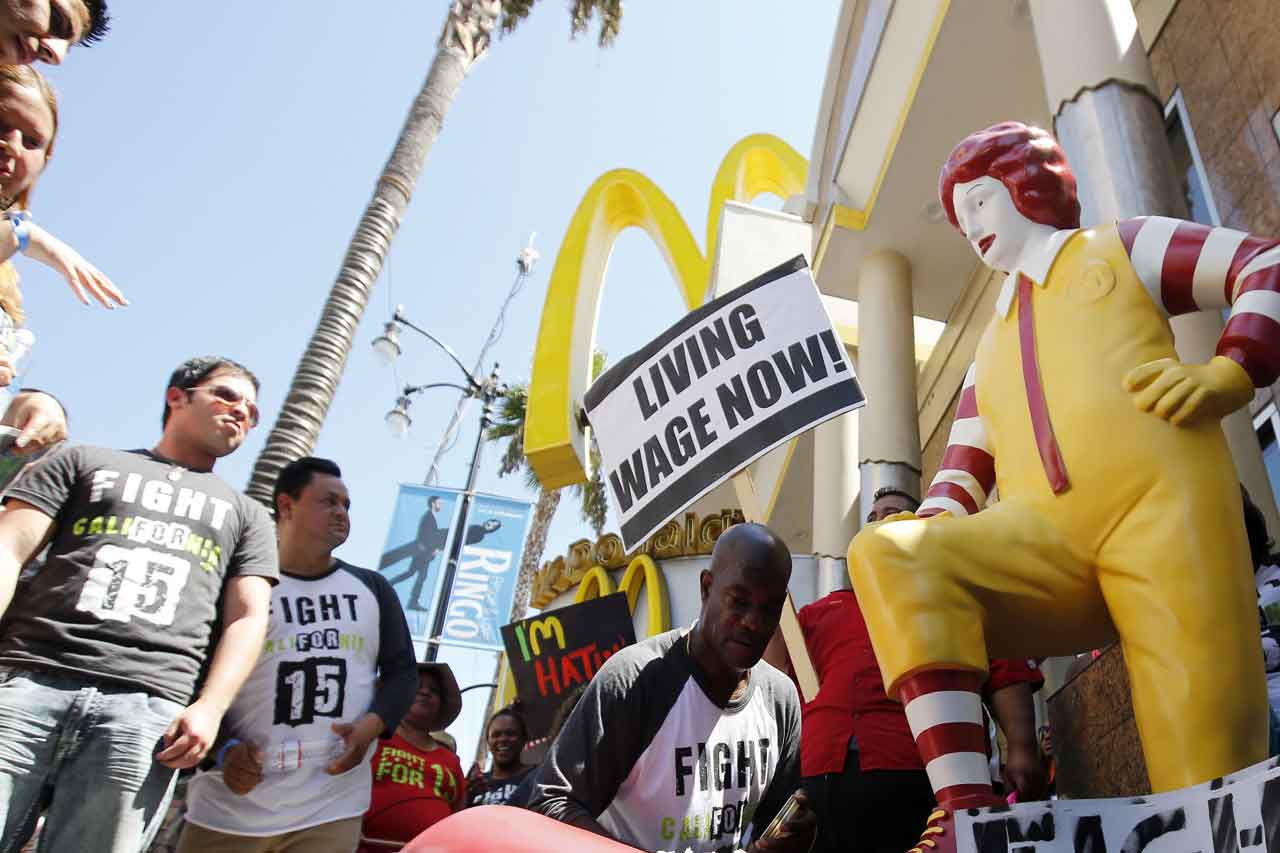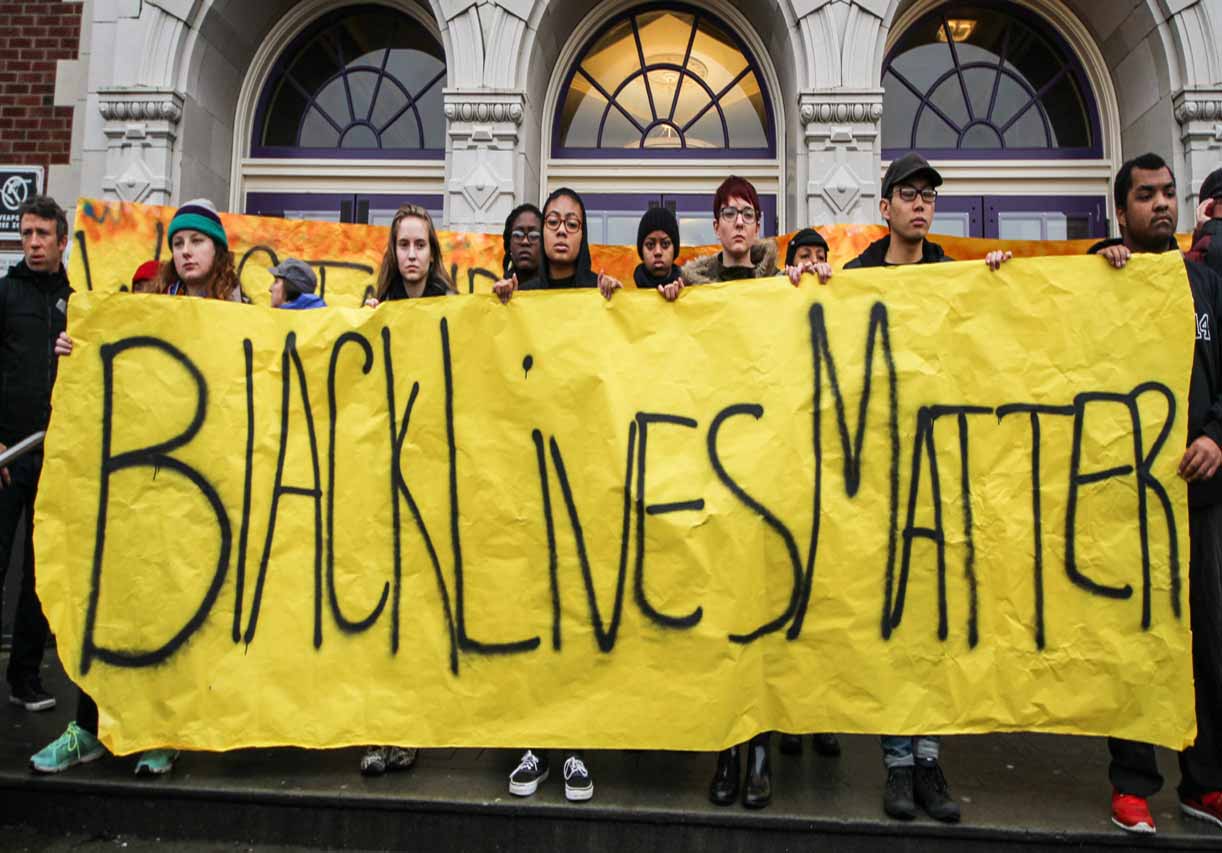In Test for Unions and Politicians, a Nationwide Protest on Pay
Posted onThe protest by tens of thousands of low-wage workers, students and activists in more than 200 American cities on Wednesday is the most striking effort to date in a two-and-a-half-year-old labor-backed movement that is testing the ability of unions to succeed in an economy populated by easily replaceable service sector workers.
Labor has invested tens of millions of dollars in a campaign for a $15-an-hour minimum wage that goes beyond traditional workplace organizing, taking on a cause that has captured broad public support. But the movement is up against a hostile business sector sheltered by a decades-old federal labor law that makes it difficult for workers to directly confront the wealthy corporations that dominate the fast-food and hospitality industries.
For political activists looking to the 2016 presidential campaign and beyond, the wage fight is coming at a potentially pivotal moment, the first concrete, large-scale challenge in decades to an economic system they view as skewed toward the wealthy.


